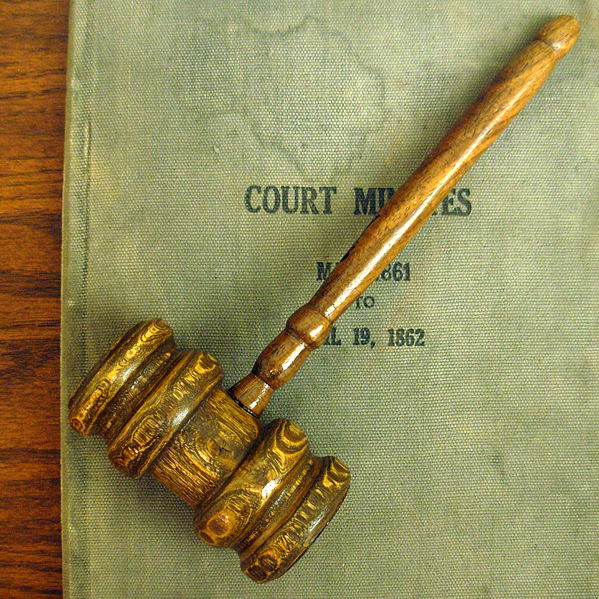
[UPDATE Friday November 27 4:15pm ET: Burton was only invited in as a one-off amicus, for one particular case. He is not part of the standing five amici, which were not named until November 25.]
The move was one of the provisions in the USA Freedom Act, which passed in June 2015 as a package of modest reforms to the national security system.
The attorney, Preston Burton, was named to the post by the FISC earlier this month, which was not widely reported until The Intercept noticed it on Friday.
Burton was likely selected because he has dealt with many security-related cases in the past, including former CIA intelligence agent Aldrich H. Ames, and former FBI Special Agent Robert Hanssen. In addition, according to his own biography, he "has held a Top Secret/SCI level security clearance at numerous points in his career," which he will likely need again.
According to the law, it will be Burton’s job to present "legal argument that advance the protection of individual privacy and civil liberties; information related to intelligence collection or communications technology; or legal arguments or information regarding any other area relevant to the issue presented to the court."
Previously, hearings before the FISC were ex parte, or one-sided, with the judge only hearing from government representatives. Prior to the Snowden leaks, all FISC opinions, as well as its entire docket, had been totally secret. In the court’s history, warrants (and related orders) are approved more than 99 percent of the time.
"I think one has to be disturbed to learn as we recently have that more than 1,800 applications and [around] more than 1,800 approvals have been made by the court," Gary Hart, a former Colorado senator who sat on the Church Committee, told Ars in 2013, just weeks after the Snowden leaks.
That select senatorial committee was created in the 1970s, and its recommendations paved the way for FISA and FISC. Hart told Ars that he would be in favor of some sort of ombudsman-type position.
"I would be a little more comfortable if there were more rejections," Hart added at the time. "The glass half-full is that properly trained and qualified judges are hearing persuasive cases. But as a lawyer, this is not a typical judicial proceeding that we're familiar with, because there's no other side. Unlike virtually everything else [in the legal system,] it's not adversarial. The judge hears [the government’s case,] but there's nobody else to argue the other side. If you're a constitutionalist as I am, that's disturbing."
reader comments
52